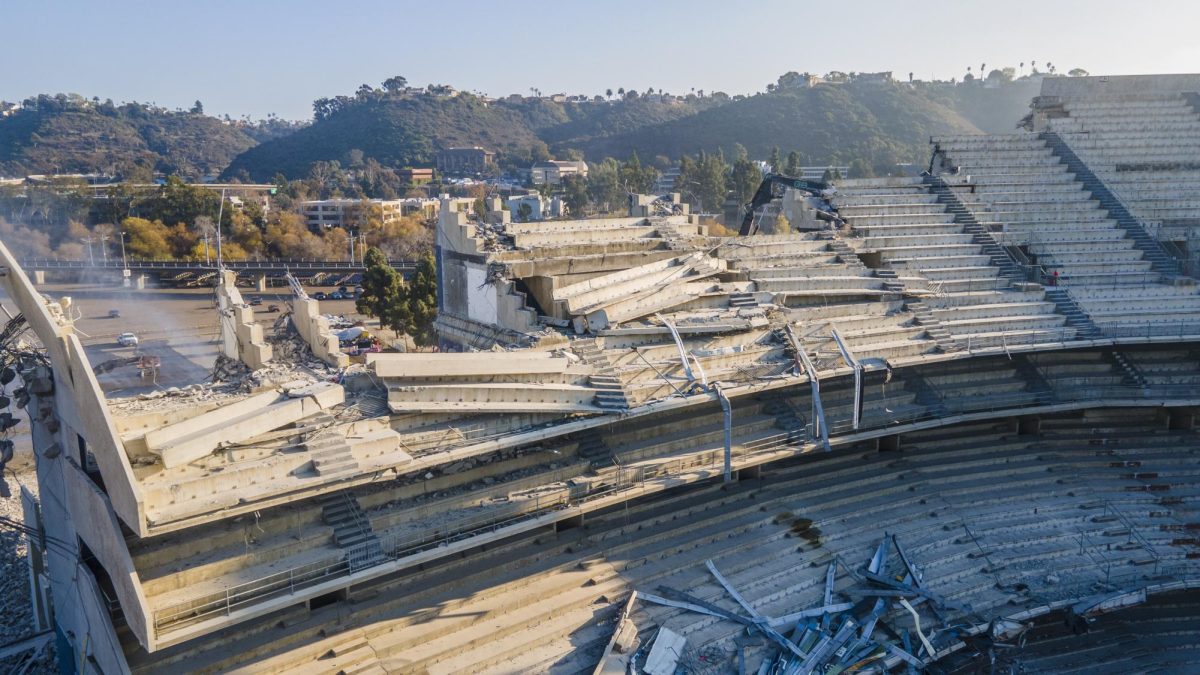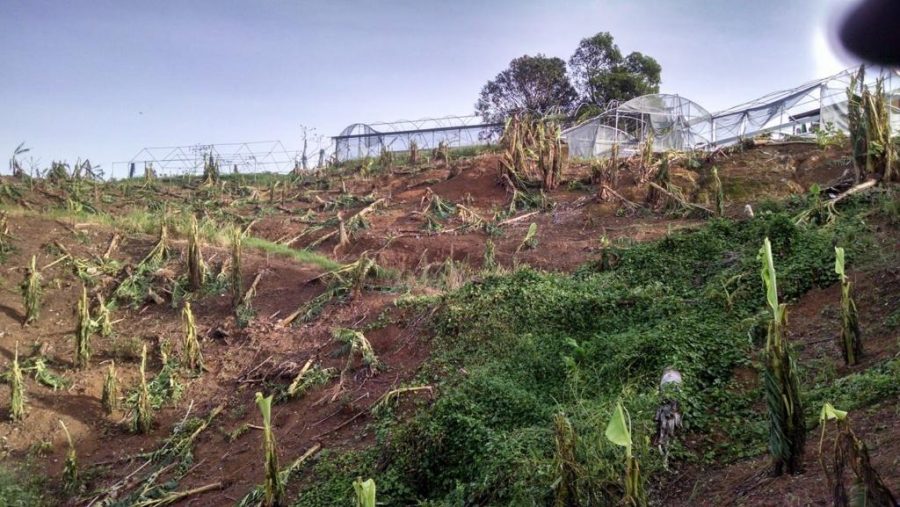Even prior to the multiple hurricanes that wreaked havoc in Puerto Rico a few weeks ago, the U.S. commonwealth was already facing numerous economic problems. Now Puerto Rico must overcome the worst natural disaster to befall the island since 1928.
“With no communication, it took a whole week for me to hear from my family in Puerto Rico after Hurricane Maria,” said Ivis Garcia, who is an assistant professor in metropolitan planning at the University of Utah.
Hailing from San Germán, Puerto Rico, Garcia has been personally affected by the natural disasters that have ravaged the island and its neighbors.
“My family told me that they are ok, even though they do not have electric power or water,” Garcia said.
Her family’s situation isn’t a special case. Most of the island is without electricity. Some 90 percent of all crops have been destroyed, and it is expected that in rural areas water and electricity might be out for more than six months. Due to the lack of crops, thousands of employees have been laid off, and food will likely become even more scarce and expensive as time passes. Garcia’s family’s farm was among those decimated in the hurricane and she said recovery will be slow.
“Although fatalities directly associated with the catastrophe come to 36 people, my family described how a close neighbor passed away after a pulmonary arrest,” Garcia said. “Without power, oxygen machines do not work. In the east of the island alone it is estimated that more than 100 individuals have lost their lives because of health complications like kidney failure, not being able to access dialysis machines and so on.”
Puerto Rico was already in trouble before the hurricane struck. Faced with a national debt of more than $70 billion and unable to declare bankruptcy, it had been forced to close more than 200 schools. Last year, 100,000 Puerto Ricans moved to the mainland United States in search of better opportunities. The impact of the hurricane will only worsen the conditions and motivate even more individuals to make the move in search of an improved living situation.
Following Hurricane Maria, the federal government mobilized many emergency response organizations to bring relief to the victims. The U.S. Department of Homeland Security’s Federal Emergency Management Agency (FEMA), for example, has made an effort to provide relief commodities like food, water, blankets and cots at its warehouse in San Juan, Puerto Rico. FEMA embarked on Urban Search and Rescue operations, analyzing damage and compiling incident reports. Mass search and rescue missions have also been mobilized and have successfully rescued many people, however, many have complained that these efforts haven’t swift or widespread enough.
“I think these organizations have done a great job,” Garcia said. “But the scale is huge. When I talked to my family yesterday, they said that there is no presence of FEMA, they do not have clean drinking water and the supermarkets are running out of food.”
Initially, the Jones Act of 1920 also slowed down relief shipments. The law declares that all goods must touch the U.S. mainland before being transported to Puerto Rico, and because of these extra tariffs, it drives up prices. In the wake of the disaster, President Donald Trump waived the Jones Act to provide a speedier response.
“Given the gravity of the devastation and an expected lengthy recovery, it is important to consider changing this law,” Garcia said. “The status of Puerto Rico as a commonwealth, not a state and not a U.S. territory, has highlighted some of the differences that American citizens in a non-state experience in a time of crisis.”
On Sept. 28, Utah Sen. Mike Lee, along with Sen. John McCain of Arizona, introduced legislation that would exempt Puerto Rico from the Jones Act. While this may help in the future, Garcia said many Puerto Ricans need immediate relief.
Garcia encouraged U students to donate to Pallets and Planes, which is providing basic supplies to those affected.
“Many people have asked me what they can do,” Garcia concluded. “My response is one, contact your congressman and make a plea for Puerto Rico, two, donate, and three, take a summer class that relates to the subject. The Puerto Rican Agenda in Chicago, an organization I chaired and trust, recently achieved its goal of raising $50,000 to send goods to the island.”













Charles • Oct 18, 2017 at 11:26 am
I am so grateful for the news coverage to help spread the word. Thanks U Chronicle.
BTW, regarding the article reading “immigrated to the United States”
https://www.youtube.com/watch?v=Og9EFpT0b4k
Emily Anderson • Oct 18, 2017 at 1:20 pm
Thank you!